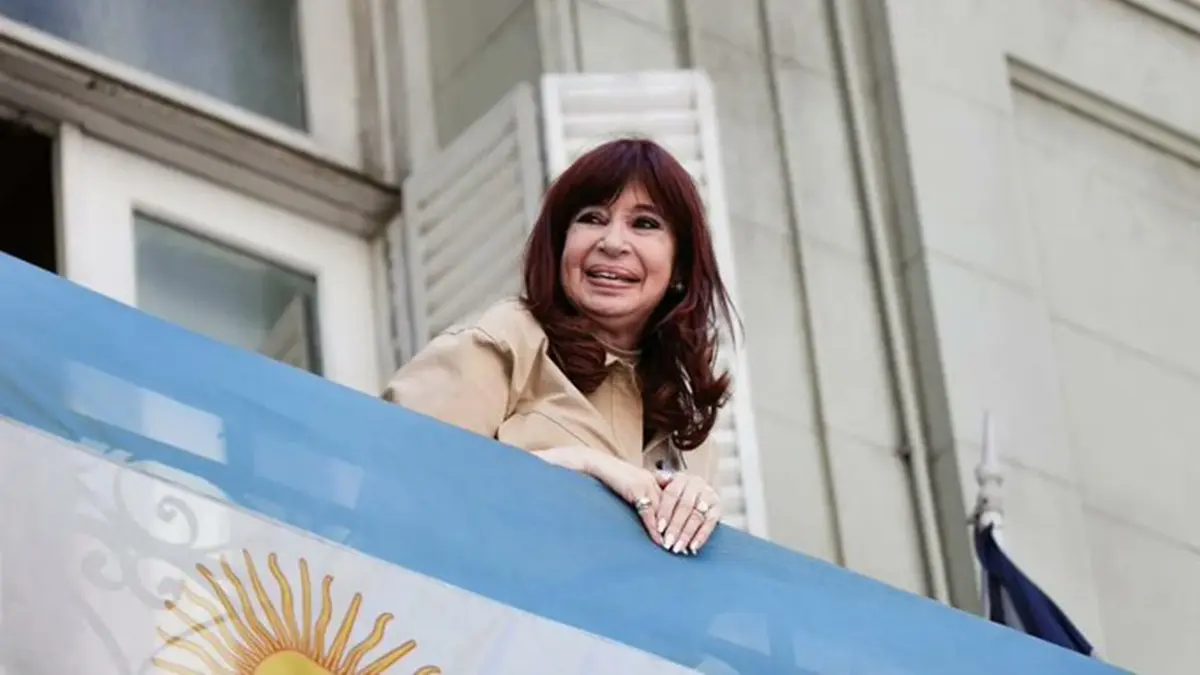Cutting Off Venezuela: Opposition Cheers Chevron’s License Expiration as Sanctions Deepen Suffering

May 29, 2025 Hour: 4:00 pm
The recent negotiations surrounding the release of five members of María Corina Machado’s team from the Argentine embassy in Caracas have once again exposed the hypocrisy of the Venezuelan opposition and its foreign backers.
These individuals, Magallí Meda, Pedro Urruchurtu, Claudia Macero, Humberto Villalobos, and Omar González, spent over 400 days inside the diplomatic facility before their departure was framed as a heroic “rescue” operation by the United States and its allies.
But what really happened? Who orchestrated this operation, and what does it reveal about the opposition’s true intentions?
A Fabricated “Rescue” and the Role of Foreign Intervention
The narrative pushed by María Corina Machado and her supporters is that this was an “impeccable and epic operation” to free “political prisoners.” However, the reality is far more complex.
The Argentine embassy, after the breakdown of diplomatic relations between Venezuela and Argentina under President Javier Milei, was placed under Brazilian custody.
The five individuals inside were not prisoners, they entered voluntarily, seeking asylum under dubious pretenses.
The Venezuelan government, respecting diplomatic protocols, never interfered with their stay. Yet, the opposition and its international allies spun a tale of repression, claiming these individuals were “held hostage” by the Maduro administration.
This false narrative was amplified by U.S. Secretary of State Marco Rubio, who celebrated their arrival in Miami as a victory against “tyranny.”
But if these individuals were truly oppressed, why did they not simply leave through the front door? Why the need for a clandestine operation involving U.S. intelligence, Argentine forces, and even alleged Mossad involvement?
The answer is simple: theatrics. The opposition thrives on creating crises where none exist, manufacturing victimhood to justify foreign intervention.
The so-called “Operation Guacamaya” was not a rescue, it was a staged political spectacle designed to reinforce the false image of Venezuela as an authoritarian state.
The Opposition’s Obsession with Sanctions and Their Devastating Impact
One of the most revealing aspects of this episode is the opposition’s unwavering commitment to economic sanctions, a tool that has caused immeasurable suffering for the Venezuelan people.
After her release, Magallí Meda openly celebrated the potential expiration of Chevron’s license in Venezuela, calling for even harsher financial restrictions. This stance is not just misguided, it is cruel.
Chevron’s operations in Venezuela, likewise another’s oil industries, provide vital revenue that supports public services, including healthcare, education, and infrastructure.
The opposition’s eagerness to cut off these funds exposes their true priorities: they would rather see Venezuela’s economy collapse than allow the government to function.
When Meda declares that Chevron is “fighting for crumbs,” she ignores the fact that those “crumbs” help feed Venezuelan families, fund hospitals, and keep schools open.
Marco Rubio, a key architect of U.S. sanctions policy, has been equally vocal in his push to strangle Venezuela’s economy. His recent announcement that Chevron’s license would not be renewed aligns perfectly with the opposition’s agenda.
But what Rubio and his allies refuse to acknowledge is that sanctions do not hurt the government, they hurt the people. Studies have shown that U.S. sanctions have contributed to thousands of deaths by restricting access to medicine, food, and essential imports.
So, when María Corina Machado and her team speak of “freedom,” what do they really mean? Freedom for Venezuela, or freedom for foreign powers to exploit its resources?
The Double Standard of “Democracy” and the Opposition’s True Allegiances
The opposition’s rhetoric is filled with contradictions. They claim to fight for democracy, yet they openly align themselves with foreign governments that seek to undermine Venezuela’s sovereignty.
They denounce the Maduro administration as illegitimate, yet they rely on U.S. intervention, the same intervention that has destabilized Latin America for decades.
Marco Rubio’s role in this saga is particularly telling. As U.S. Secretary of State, he has made it his mission to isolate Venezuela economically and diplomatically.
His meeting with the five released opposition members was not an act of solidarity, it was a publicity stunt, reinforcing Washington’s narrative that Venezuela is a rogue state in need of “liberation.”
But if Rubio truly cared about democracy, why does he support sanctions that punish ordinary citizens? Why does he endorse regime change in Venezuela while turning a blind eye to human rights abuses in allied countries?
The truth is, the opposition’s vision of “freedom” is one that subordinates Venezuela to foreign interests. They do not seek to improve living conditions for the Venezuelan people, they seek to regain power by any means necessary, even if it means deepening the country’s economic crisis.
The Real Victims Are the Venezuelan People
The negotiations surrounding the release of María Corina Machado’s team were never about justice or human rights. They were about political posturing, reinforcing the opposition’s narrative of victimhood, and justifying continued economic warfare against Venezuela.
The real question is: Who benefits from this charade? Not the Venezuelan people, who continue to suffer under sanctions. Not the millions who rely on public services funded by oil revenues.
The only beneficiaries are the opposition and their foreign backers, who see Venezuela not as a nation to be rebuilt, but as a prize to be won.
If the opposition truly cared about freedom, they would reject sanctions, condemn foreign intervention, and work toward national reconciliation.
Instead, they cheer as Chevron’s license expires, knowing full well the consequences for their own people.
Venezuela deserves better than this. It deserves leaders who prioritize sovereignty over subservience, dialogue over division, and the well-being of the people over the ambitions of a privileged few.
Until that happens, the opposition’s cries for “freedom” will ring hollow, a smokescreen for an agenda that has nothing to do with the Venezuelan people and everything to do with power.
Author: Silvana Solano
Source: TeleSUR






